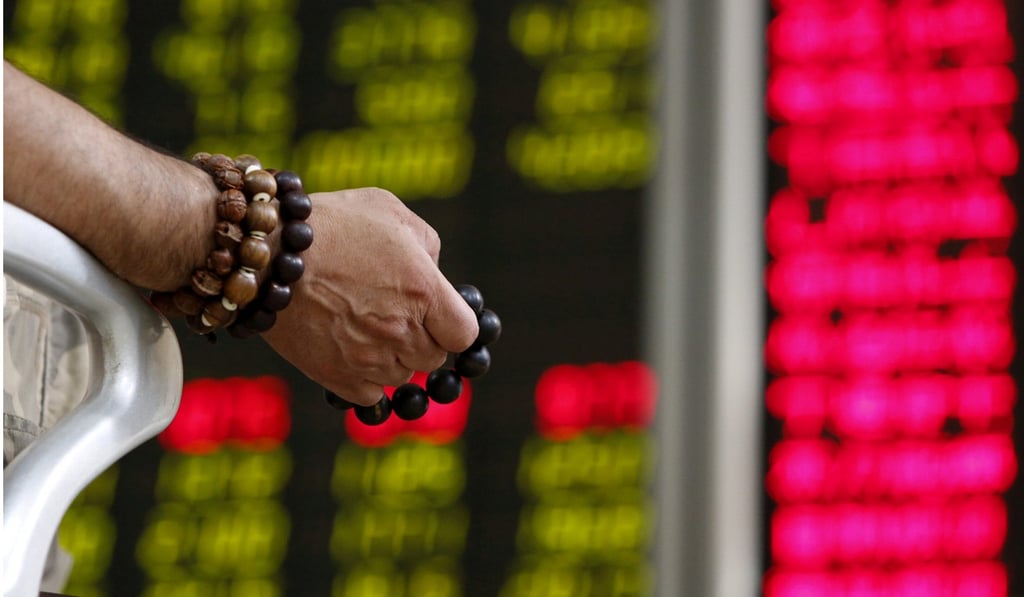Renminbi internationalisation is gaining momentum again
Helen Wong believes China’s continuing efforts to open up its financial and capital markets, and the trade boost that will come from the launch of the belt and road projects, will help the renminbi regain its momentum of going global

Renminbi internationalisation seemed to have slowed in the past year, but behind the scenes China continues to enhance its financial infrastructure so as to increase global usage of the renminbi.
The cross-border use of the Chinese currency decreased significantly in 2016. According to SWIFT, a network that banks around the world use to send and receive money, the value of international renminbi payments fell by nearly 30 per cent, and the renminbi is now the seventh-most active payments currency (it began 2016 in fifth place).
Offshore renminbi deposits tell a similar story. The stock of renminbi deposits outside mainland China has been shrinking since the beginning of 2015. Renminbi deposits in Hong Kong, the world’s largest offshore renminbi hub, totalled 528 billion yuan (HK$603 billion) at the end of April, nearly 50 per cent less than the peak of over 1 trillion yuan that were parked in Hong Kong at the end of 2014.
The decline in the using and holding of renminbi was not unrelated to concerns over China’s economic slowdown, the renminbi’s depreciation, and the tightening of cross-border capital flow regulations. Yet, against this backdrop, China ploughed ahead with renminbi internationalisation, widening the range of domestic assets that foreign investors can buy and sell.
Pace of renminbi internationalisation slows amid shifting political, economic dynamics

First, there is China’s stock market. Announced last August and launched within four months, the Shenzhen-Hong Kong Stock Connect allows international investors to trade the shares of smaller, more entrepreneurial companies, whose growth is a critical component of China’s economic reform. Via Hong Kong, investors around the world now have direct access to most of the listed companies that are traded on the mainland – an opportunity that was unavailable only three years ago.
